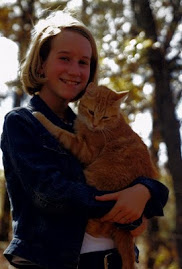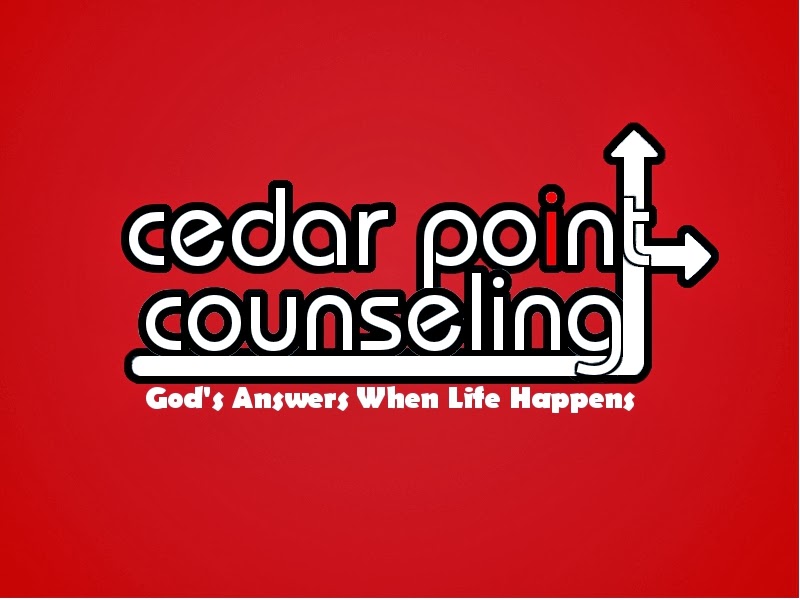
Most of us live our lives for the trophies.
.
Trophies come in all forms: sometimes nothing more than an affirming word tossed in your direction. But pathetic little hoarders that we are, we snatch the compliment before anyone else can and set it on our "self-worth shelf" to admire the gleam until it fades.
.
We dust our trophies, relive the memories, and yearn for more-- all while pretending we don't care what anyone else thinks. It's how we're made. We live for approval, and the more important the bestower, the more we value the prize.
.
I came across a tiny phrase in the book of Daniel that I'd never paid much thought to. Three times, an angel visited Daniel and each time he began with the words: "You are highly esteemed."
.
Imagine that! Imagine going about your business when suddenly a glowing white man stands before you and announces that he's come from Heaven with a message. He smiles and says, "Get up from the ground. Where I come from, you are highly esteemed."
.
Max Lucado calls it the "applause of Heaven." What better trophy exists than an angelic message that begins, "I've come to tell you that God thinks you're awesome"?
.
The same message was delivered to Mary. Angels always told people not to be afraid, but rarely bestowed such additional honor. So what does that tell us?
.
Clearly, although God loves us all and shows no favoritism in saving and redeeming us, there are those who are more highly regarded than others. After all, God was so impressed with Elijah and Enoch, he swooped right down and whisked them to heaven via chariot, rather than the casket.
.
So doesn't it make you wonder what you have do to receive that kind of honor? Other places in Scripture imply that God chooses whom he chooses, but I believe our choices have a lot to do with it as well.
.
Although not regarded as a prophet during his time, Daniel kept his life pure from his earliest days, even in the face of terrible circumstances. He served and honored God when it did not appear to benefit him in the least. He didn't expect anything from God, but willingly offered his devotion and steadfast loyalty. How many of us can say that?
.
I have to admit that for many years my relationship with God was more like a business deal: "I'll keep your commands and You bless me the way I want You to."
.
We don't see any hint of that in Daniel's life, or Mary's either.
.
Many people in Scripture were considered righteous and pleasing to God, but to get that special message-- "Where I come from, you are highly esteemed"-- took something extra amazing.
.
What if we, as believers, were to live ONLY for the applause of Heaven? Not for the blessings, the protection, the provision, but only for God's pleasure. What if every choice we made, every thought that stayed in our minds, every goal, every desire was to seek and obey the will of God--with no thought for what God would do for us in return?
.
If an angel appeared to you tonight, would he greet you that way? "You are highly esteemed."
.
What better trophy can Earth produce?
.
"In heaven, you are highly esteemed." Let that phrase echo in your soul this week. Let it take root and become your all-consuming goal. How would your life change? Your desires? Your plans? Your expectations?
.
So examine your shelf of trophies. Are they dusty? Out of date? No one cares anymore? Or were they silver and bronze to begin with. Symbolic reminders that you were never Number One.
.
Scrap them. Go for the only one that matters. Go for the gold.
.

















